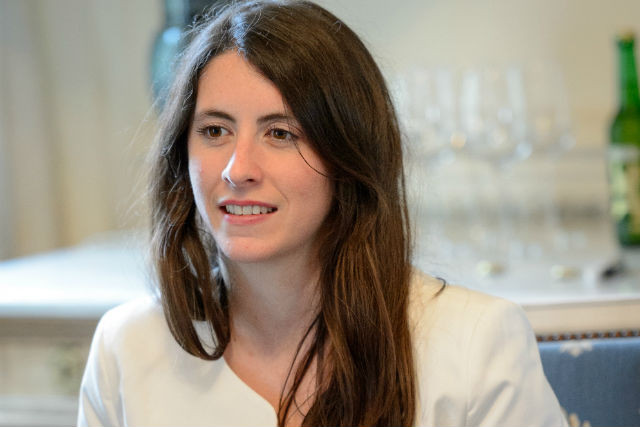Jess Bauldry: What does Loic do and how was it founded?
Emilie Bechet: The Luxembourg Open Innovation Club (Loic) was created two years ago by nyuko, Lux Future Lab, Technoport and Luxinnovation. Loic was launched to bridge the gap between the creativity of international startups and Luxembourgish corporate innovation.
Committed primarily to human relationships, Loic brings together more than 20 corporate members from diverse backgrounds and experiences that are interested in transforming their organisations through open innovation.
JB: How would you describe the evolution of the start-up scene in Luxembourg over the last 5-10 years? What do you attribute that evolution to?
EB: The startup ecosystem is only getting richer. You can witness it through the number of startups created every year but also through the multiple initiatives launched locally. Let me take the last one as example: the House of Startups (Host) has just opened and it gathers Loic as well as several incubators and accelerators from different sectors under the same roof.
The reasons behind this evolution seem very rational to me. On one side, SMEs and big accounts [companies] feel the urge to innovate and get ahead of the competition. On the other side, startups--creative and innovative by nature--need to test their solutions in a real context and with potential clients. So basically, the evolution of the startup scene is a win-win situation for both startups and established companies.
JB: What are the most common questions corporates have when they come to the Loic?
EB: There are no “common” questions, it really depends on the innovation strategy of each company, of the stakeholders and of the contact person in charge of representing the member in the club.
However, one of the main concerns I hear about is how to deal with confidentiality during the workshops we organise. My usual answer is “come and see for yourself!”. Each member commits to share its recommendations and experiences in a constructive and kind way.
JB: What are the most common questions companies making innovation calls have when they come to the Loic?
EB: The questions vary depending on the innovation maturity of the member. They are usually related to the type of collaboration with the startups or the budget to plan. The launch of an innovation call should not be taken carelessly.
Firstly, the company should define the real issues to address and their strategic needs: where is it the most urgent to innovate? What are the “worst” issues to deal with? The search for innovative solutions soon becomes obvious.
Then, there are a few rules for the company to commit to: give feedback to all the selected startups in a timely manner, be fully involved in the collaboration, etc.
But no need to worry, we support the member each step of the way.
JB: How many successful partnerships have emerged as a result of the intervention of Loic between companies and start-ups?
EB: Since the creation of Loic, we have already launched four innovation calls. The most recent have not yet been finalised, but the first one--initiated by Grosbusch in the food tech sector--was a great success!
In total 12 startups were selected and presented to them. Eventually the startup MyFood was chosen for a greenhouse project allowing food production via an aquaponics system.
Furthermore, Loic connects startups and corporates through innovation dating events (pitch startups) and throughout the year. Examples include Ellipsys, who are now working with BIL or milepakr, who have been hosted by Baloise for several months now!
